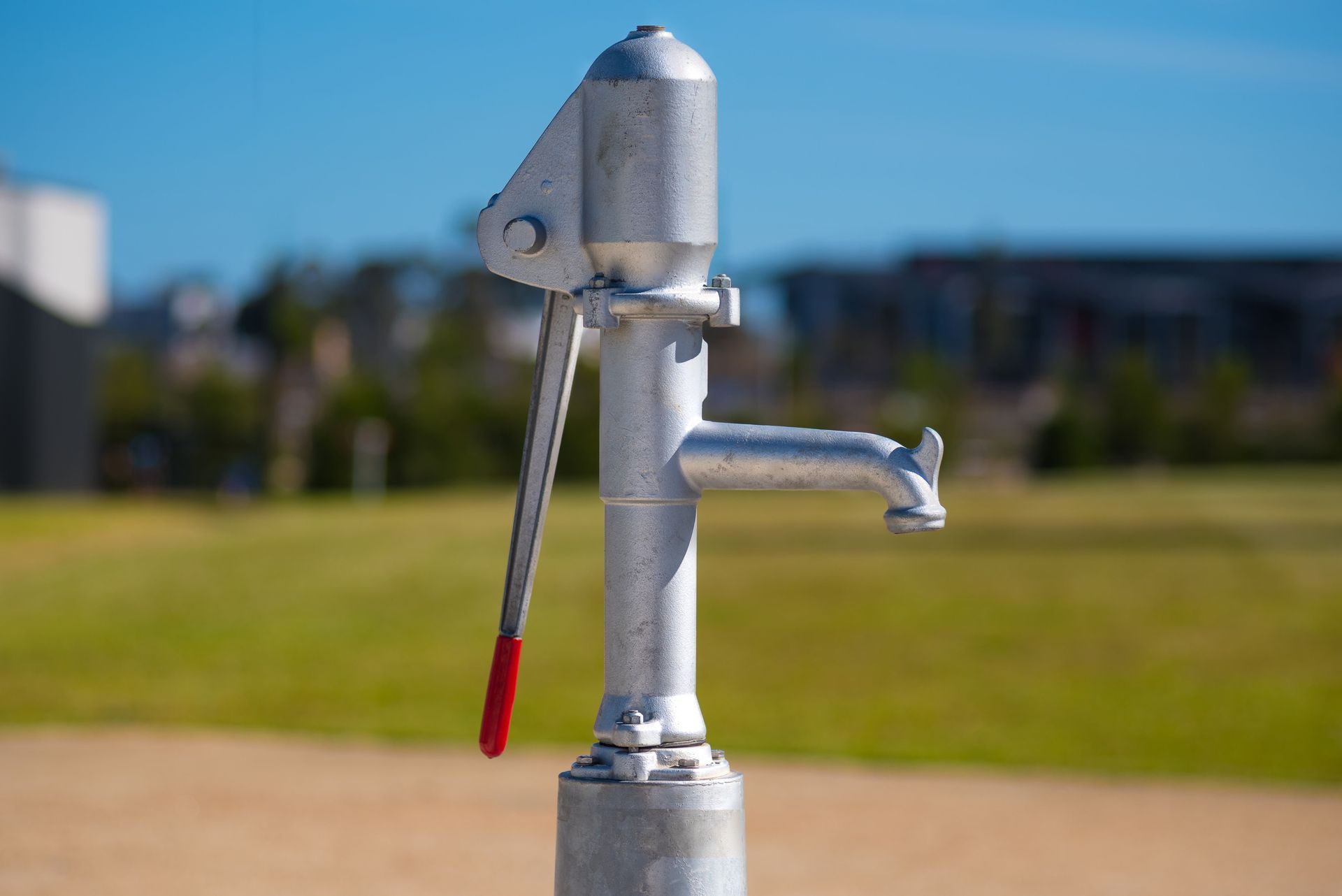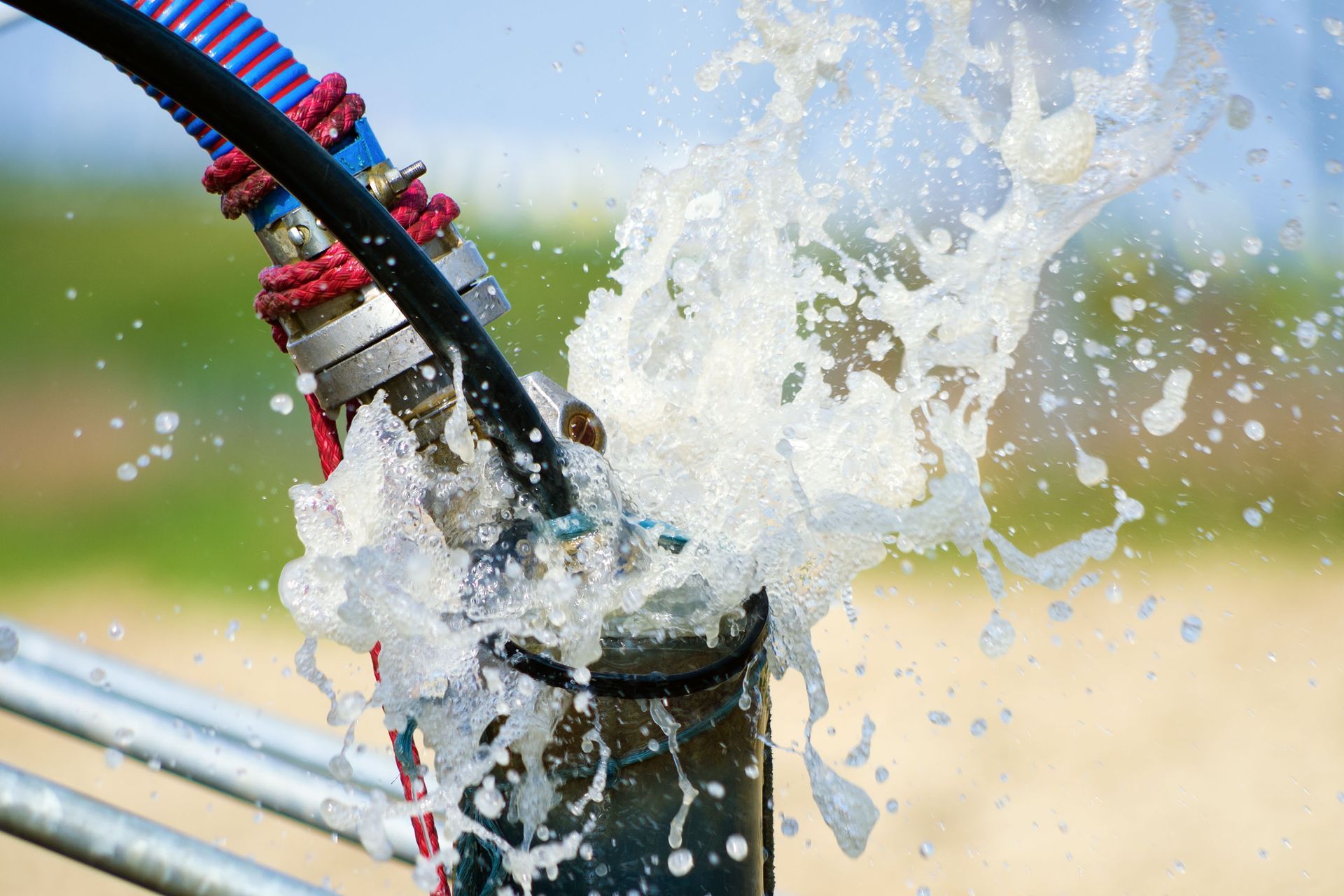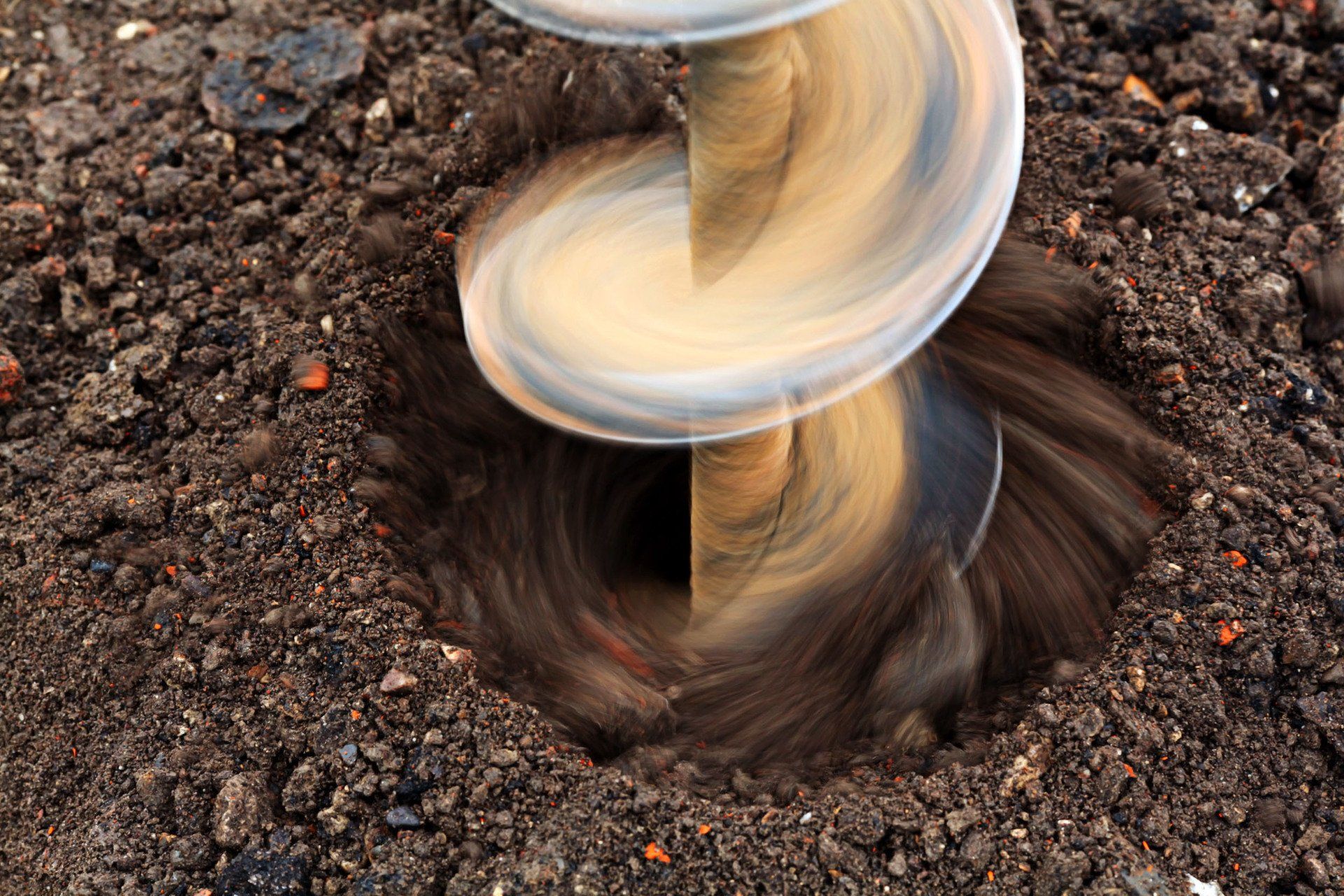A Beginner's Guide to Well Drilling
There are several advantages to digging a well for your water supply. First and foremost, you have command over your water. Furthermore, you have the option of testing your water whenever you want. Not only that, but you understand where your water comes from. In locations where city water is scarce, wells are a common water source. Here's a quick rundown of everything you need to know about drilling and maintaining a well.
Well Location
It's advisable to detail plans for a water well ahead of time so that the best site for producing an adequate supply of excellent quality water may be chosen. Of course, look at water availability before purchasing land and prepare accordingly if you know having your own well is something you're going to want. Try to limit constraints such as topography and the placement of possible pollution sources like an on-site wastewater system when determining the actual location of your well.
Legal Requirements
Make sure you're aware of any legal restrictions on installing a water well, too. Before you begin, check with your local government to see if any permissions are required or, if you already work with one, consult a water well system specialist.
Hiring a Well Drilling Professional
If you don't already have one, the next step is to find a water well system specialist. A professional should have the requisite qualifications, skills, and experience to ensure a quality job. Carry out research before settling on a choice.
Determining Your Water Needs
Determine your water needs with the help of a water well system specialist. Having enough water implies being able to fulfill both your everyday needs like drinking, cooking, and washing as well as any special and seasonal demands like car washing, garden watering, crop irrigation, etc.
Well Depth
The depth of a well can significantly impact the entire cost of installing a well system. It's crucial to talk to a water well specialist about the expected depth of a well, depending on the well's location and your water demands. Dug wells may be drilled to depths of over 1,000 feet, according to the United States Geographical Survey.
Costs
Pumps account for a significant portion of the total cost of a water well system. You'll have to decide between submersible and jet pumps. Additional costs include the cost of casing per foot and well drilling materials.
Maintenance
After installation, ensure you carry out regular testing in order to ensure that you keep your well free from contaminants. Keeping up with the maintenance of your well will be best for you in the long run.
Need a well drilling service professional? Contact us today for expert well drilling services.




Share On: